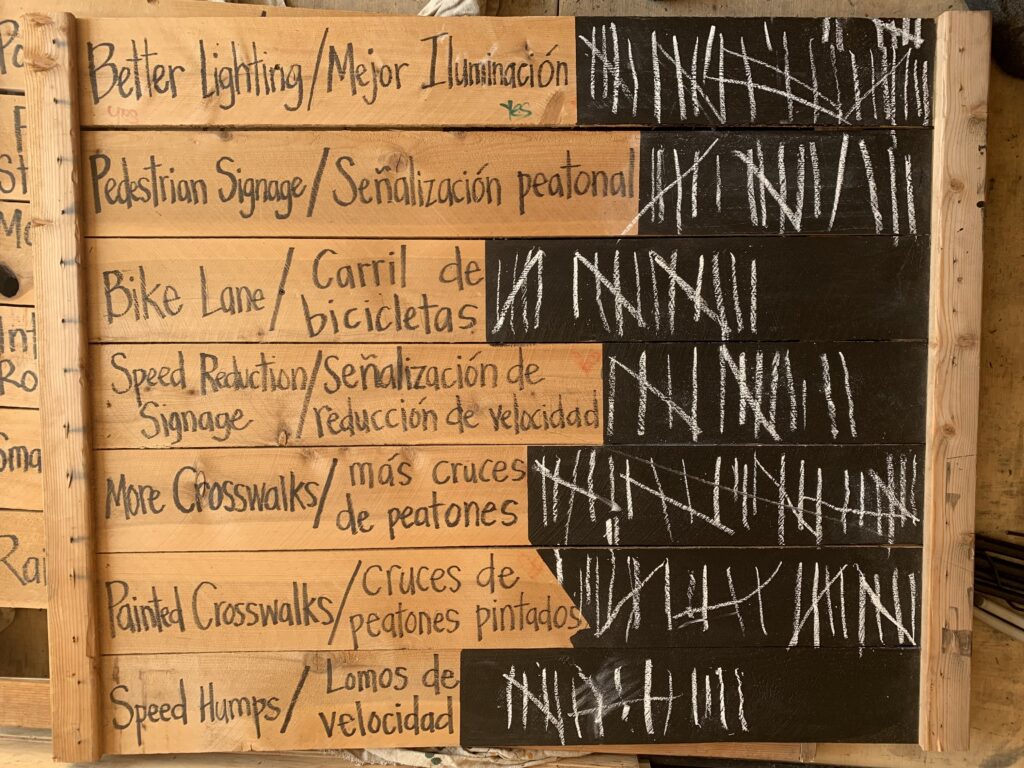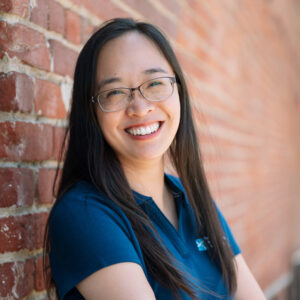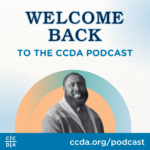“What do you want me to do for you?” Jesus asked him. The blind man said, “Rabbi, I want to see.”
Mark 10:51 (NIV)
Some people may have considered it obvious that the blind man wanted to see, but Jesus didn’t assume what the man wanted. He asked the man what he wanted. Even though Jesus, as God, already knew what the man would think and say, Jesus affirmed the man’s dignity as he initiated a conversation and then listened to his response. Jesus didn’t approach the man by putting forth his agenda, but invited the man to participate in his own healing and prompt the next step in his interaction with Jesus.
As we go about our work in our communities, when we listen to the stories and ideas of those who are there, we communicate that we value our neighbors and view them as an asset in the community instead of positioning ourselves as the ones with the answers. We learn to posture ourselves with humility by being open to feedback and direction. We show that we esteem the perspectives that come from being in proximity to the desired areas of change. Sometimes, like with Jesus and the blind man, listening to the community involves allowing our days to be interrupted by an individual in need of a conversation.
In a neighborhood I previously lived in, I spent time walking through the rows of apartment buildings. Through these walks, I met an elderly gentleman who frequently sat outside. He told me stories about his life, as well as ideas for how the community center could be used. He has been connected with the organization that facilitates events at the community center and invites his neighbors to join him at the events for which he provides input. He is an asset to that community.
The principle of asset-based community development focuses on building upon the assets of a community rather than focusing on its problems. This gentleman has hopes and dreams for his neighborhood that can be brought to life through collaboration with additional resources and assets.

Sometimes listening to the community involves allowing those with whom we are already in relationship to provide feedback. In the early church, as seen in Acts 6, in the midst of rapid ministry growth, Greek-speaking individuals spoke up about their widows being neglected by the rest of the community. The church shifted as a result, with church leaders restructuring their leadership model to address the concern that was voiced to ensure that no groups of people were neglected.
In 2018, moms from the parent groups that Every Neighborhood Partnership (ENP) facilitated shared a need for fitness classes in their neighborhood that were financially accessible, within walking distance, and where they could form friendships. As a result, ENP developed a Latin Dance Fitness program that offers free dance classes at schools and apartment complexes. The program has since expanded to a Health and Wellness Department that includes a women’s support group and classes on topics like mental health, nutrition, and other topics based on the women’s requests. Some of the women have been trained as dance instructors and have started dance classes in additional apartment complexes and neighborhoods.
You can read more about ENP’s Latin Dance Fitness Program story on our blog, Latin Dance Fitness Program: A Powerful Example Of Residents Leading Change In Their Own Neighborhoods.
Most of the participants in the Health and Wellness classes are Spanish speakers. In 2023, ENP held a series of structured listening sessions to learn how our Spanish-speaking community prefers to use social media and what types of resources are most valuable to them. Those conversations have influenced our social media presence and outreach strategies.
If you would like to learn more about ENP’s approach to listening conversations, you can listen to our workshop presentation from the 2023 National Conference titled Embracing The Long Game: The Power Of Capacity Building And Learning Conversations. An additional resource we have used for program development with an asset-based community development lens is the Innovate course from The Chalmers Center.
Through being a member of CCDA, I have gleaned from examples of other ministry practitioners how to better listen to the community and put into practice asset-based community development. CCDA is a fellowship of individuals seeking to collaborate with community members regarding desired growth areas. I am encouraged to be part of a group of people with a congruent philosophy.
Listening to and facilitating open dialogue is a step towards redistributing power through shared decision-making. This leads to greater engagement from the community in a solution proposed by the community, as well as the potential for impactful long-term development.
About Gabrielle Piceno

Gabrielle Piceno was born in Fresno, California, grew up and went to college in Southern California, and moved back to Fresno in 2014. She has since made Fresno her home alongside her husband, Jordan, and is the Administrator for Every Neighborhood Partnership. Her experience working with churches and community benefit organizations led to her developing an interest in Christian Community Development and what God is doing in Fresno.



